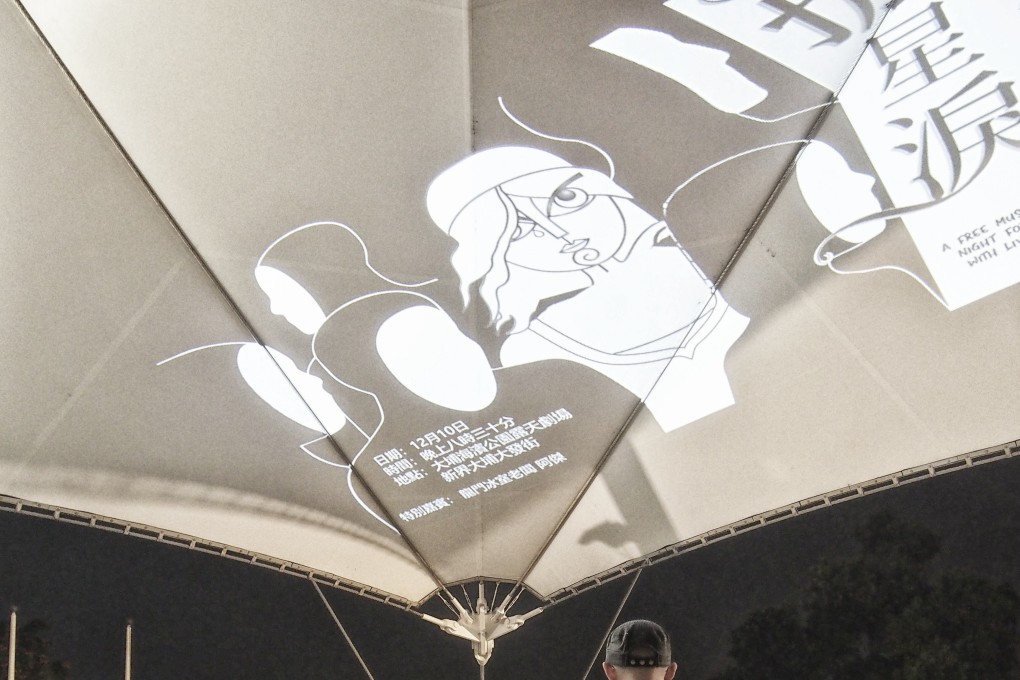How songs became powerful weapons for protesters around the world
From Glory to Hong Kong to Blowin’ in the Wind, songs taken up by civil movements have brought people together through a shared sense of purpose

On a crisp winter evening at Tai Po Waterfront Park, musicians are gathering, the auditorium stage is ready, instruments are being set down. It’s like any other pre-performance scene, only this evening, the sun having set, some performers are still wearing sunglasses. And those who are, also speak from behind face masks.
“Playing music is one of the most peaceful forms of protest,” says C.T., a soprano. “Lots of people don’t know how to contribute to the movement, so this is one way.”
The performance reaches a crescendo as those on stage segue from the trials of Jean Valjean to a rendition of the city’s new, de facto anthem, Glory to Hong Kong. All in the stadium are on their feet, swaying their smartphone lights as they join in with the chorus.
Tonight’s performance is a salve for six tense months of turmoil, but it is also part of the one constant theme of the unrest, a prevalent feature at and between protests; from the primordial rhythm of chants along Hennessy Road to hymns at Chater Garden rallies and lunchtime choral outbursts in malls, music has remained the connective tissue for Hong Kong’s leaderless movement now charging into the new year.
It is hardly a new phenomenon. Music has played an intrinsic role in strengthening protest movements worldwide, from apartheid era South Africa to “the singing revolution” that led Estonia, Latvia and Lithuania to break the yoke of the Soviet Union.